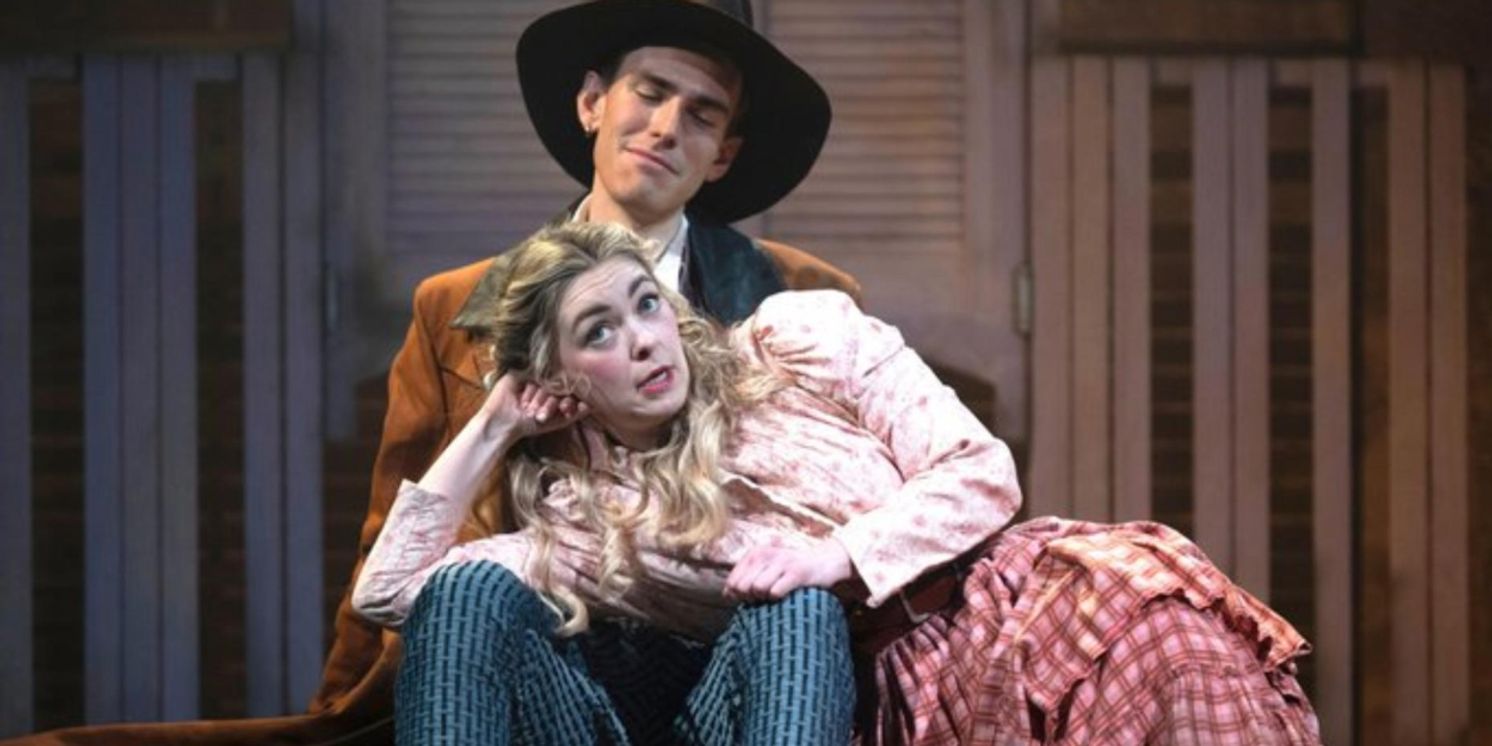Review: THE BARBER OF SEVILLE, Wilton's Music Hall
This uproarious update to the classic comic opera is a cut above.

![]() In the week when an Arts Council England report lambasted the current state of opera and questioned its relevance to wider society, Charles Court Opera’s The Barber Of Seville stands as a stern rebuff to those who consider this art form to be dated and irrelevant.
In the week when an Arts Council England report lambasted the current state of opera and questioned its relevance to wider society, Charles Court Opera’s The Barber Of Seville stands as a stern rebuff to those who consider this art form to be dated and irrelevant.
Those dedicated ACE-funded boffins who no doubt spent many hours researching before concluding that “audiences are more likely to be white, in older age groups, and relatively affluent“ should pop down to Wilton’s Music Hall this week to experience something rather marvellous. That’s not to say this joyful take on the Rossini classic is peerless or perfect but it is an excellent example of how this much-misunderstood art form can be brought to the masses without losing sight of a masterwork’s epic music or comic flourishes.
CCO’s artistic director John Savournin has lifted the piece from its usual Spanish location to the Wild West. There, two expats from Seville find common cause around their heart’s desires: the wealthy Count Almaviva (played by Joseph Doody/John Gyeantey) is in love with the barmaid Rosina (Meriel Cunningham/Samantha Price) while local barber-cum-fixer Figaro (Jonathan Eyers), for his part, is in love with money. Bar owner Bartolo (Matthew Kellett) is Rossina’s guardian and hopes to marry her with the assistance of the villainous priest Don Basilio (Hugo Herman-Wilson), not least to gain access to her inheritance. Meanwhile, Bartolo’s maid Berta (Ellie Laugharne) looks on in equal measures of disdain and despair.
Savournin directs with the vigour of a man possessed. Every scene bristles with the energy and excitement of first love, a testament to someone who knows the work inside out and upside down and yearns to make it more accessible. The casting adds new psychological layers to our understanding of the story: both Eyers and Herman-Wilson are over six foot tall and the story can be seen more as a battle of wits between these two towers of song as opposed to what amounts to a love affair between the two very wealthy and very horny characters.
Seen through this lens, this gives Barber an added burst of humour which builds on the fine talents of the cast. The updated text from musical director and librettist David Eaton has plenty of Western-themed laughs scattered throughout: Figaro claims his name “is on the tongues of the good, the bad and the ugly” and snappily Almaviva in by saying “Having a tryst, sir? I can assist, sir“ while the lustlorn Count declares falsely to Rosina that there are “no riches in my britches”. The lyrics are as witty as they are pithy and a world away from more traditional English translations of the original libretto.
With a single saloon set throughout, it falls on the excellent costuming and physical humour to add visual flair. Eyers is a natural mover, a lanky, dapper figure who looms over his old boss like a willow over a bush. Herman-Wilson meanwhile digs deep into Basilio’s malevolence to create a panto villain for the ages, waving his arms around while the wily Bartolo ducks under them. Cunningham is a shining star as a bright-eyed Rosina who has no trouble reaching the high notes and enlivening her presence in this male-dominated opera. The intimate venue allows us to savour the rich chemistry between these schemers to the extent that, by the end, we feel that we have known these characters for far longer than an evening. The unsung hero of this piece, though, is Eaton and his poor fingers who give steadfast service accompanying the singers on the piano for over two hours.
It’s unlikely this uproarious show will change the Arts Council’s thinking but, whether you are new, enamoured or inured to opera, this Barber Of Seville is definitely a cut above.
The Barber Of Seville continues at Wilton’s Music Hall until 23 March.
Photo credit: Bill Knight
Reader Reviews
Videos

